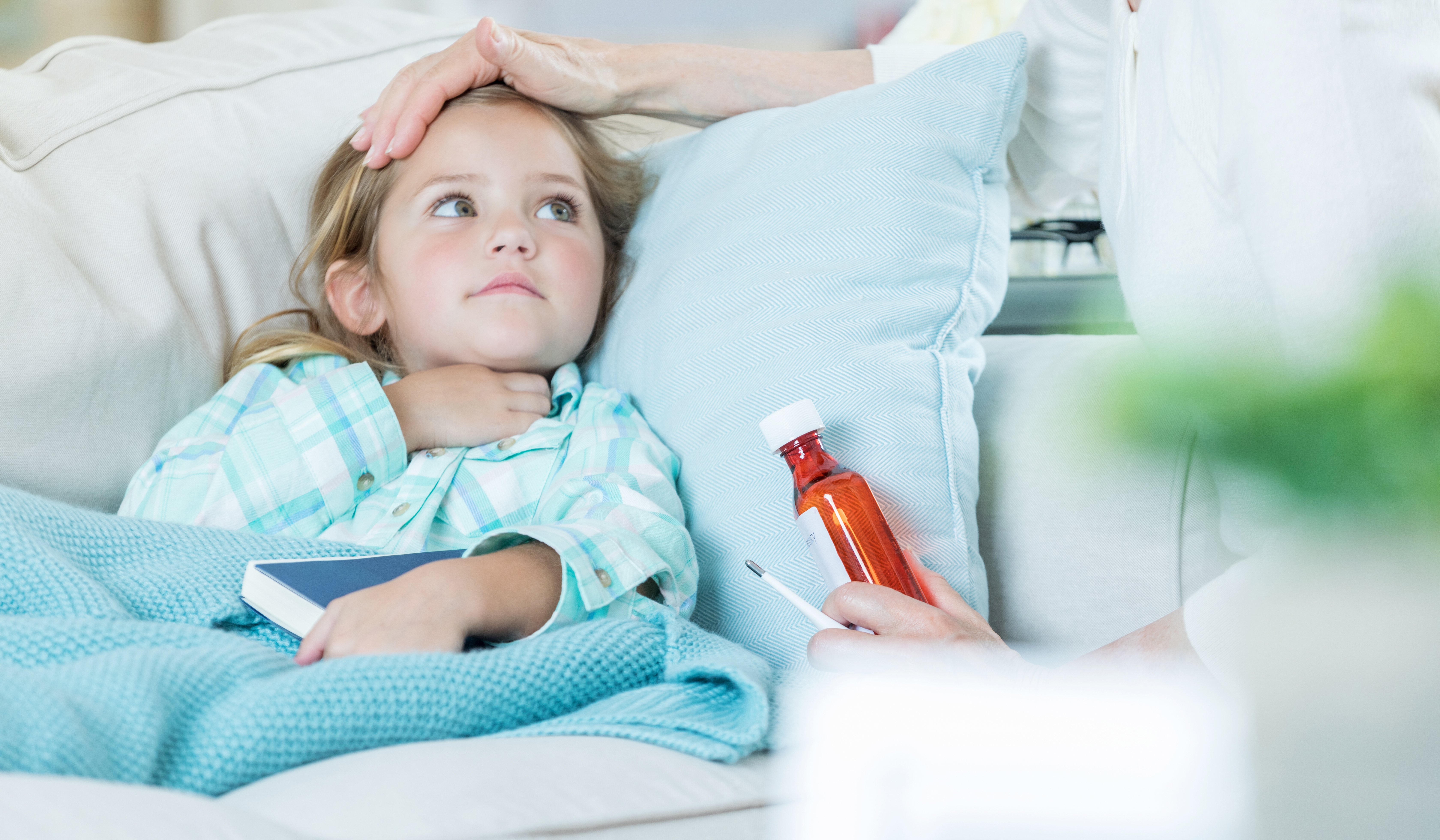
The holiday season may be the most wonderful time of the year, but it can also bring about a not so fun season of illnesses. Knowing whether your child’s illness needs an antibiotic to get better can be hard during this time of colds and “Flu.” We’ve answered some frequently asked questions below, and your child’s primary care provider (PCP) is a wonderful resource if you have questions or concerns about your child’s illness.
When do antibiotics work?
Antibiotics are medicines that fight bacteria causing an infection in your body. Not all infections are caused by bacteria, so not all infections need antibiotics to get better. Some infections commonly treated with antibiotics include strep throat and urinary tract infections. Ear infections don’t always need antibiotic treatment as many get better on their own in 2-3 days.
Are all antibiotics alike?
Not all antibiotics treat all bacterial infections. Certain antibiotics are better at treating different infections, so you may not get the same prescription every time you have a bacterial infection. Some antibiotics are very focused and treat a specific type of bacteria. These are helpful because they treat the bacteria causing the infection without killing the good bacteria your body needs for other functions. Other antibiotics are active against lots of different types of bacteria. These are only used when needed because they kill both bad and good bacteria and can upset the balance of helpful bacteria in our bodies.
When don’t antibiotics work?
Antibiotics don’t work on viruses that cause common infections like colds, upper respiratory tract infections, bronchiolitis, the flu, bronchitis and many sore throats.
Why not take an antibiotic “just in case”?
Taking an antibiotic when it isn’t needed may cause harm. Antibiotics have side effects such as:
- Nausea and vomiting
- Diarrhea
- Rash
- Yeast infections
Antibiotics can also cause mild or life-threatening allergic reactions. Taking antibiotics kills helpful bacteria in our intestines and can lead to overgrowth of a bacteria, C difficile, that can cause serious diarrhea illness requiring treatment.
What is bacterial antibiotic resistance?
Exposing our bodies to antibiotics can cause bacteria to become smarter when an antibiotic is around. When bacteria get smarter, some antibiotics won’t work, and we must use other antibiotics that are more expensive, have more side effects and may not work as well. The good news is if our bodies aren’t exposed to the antibiotic for a while, the bacteria may lose some of this knowledge and the antibiotic will start working again.
Can I give my child left-over antibiotics or a sibling’s antibiotic?
No. Medications expire and can cause health problems if taken after their expiration date. Any unused antibiotic should be disposed of safely or returned to a pharmacy that does medication disposal. Antibiotics only work if the right one is chosen to treat a specific infection, and they must be given in the correct dose and timing to be safe and effective. If you think your child needs an antibiotic, please have them seen by a provider who can talk to you and examine your child to see what is causing the illness.
Weighing the risks and benefits
If your child’s provider has prescribed an antibiotic to treat your child’s bacterial infection it is because the benefits of taking the antibiotic outweigh the risks. Your child’s provider will choose the best antibiotic to treat that infection with the least side effects. If you have worries about the antibiotic your child is prescribed, talk to your child’s provider. They want your child to get better and can explain what may or may not help with a certain infection and why they suggested the antibiotic they did.
If my child doesn’t need an antibiotic, now what?
Ask your child’s provider for guidance on what to give your child when they have a viral infection to make them more comfortable while their body fights the virus, and when to return if your child is not improving or gets worse. Antibiotics have their place and can be lifesaving for certain infections, but they are not helpful when the infection is not caused by a bacterium and can cause unwanted effects.
For what signs or symptoms should I call my child’s primary care provider?
There are some symptoms that you should call your child’s PCP about right away if your child is having them:
- Fever of 100.4oF or higher in an infant younger than 8 weeks old.
- Fever of 101.5oF or higher without any other symptoms for 3 days or more.
- Acting lethargic or difficult to wake up.
- Having difficulty breathing (breathing rapidly or sucking in the skin between their ribs or collar bones).
- Crying non-stop for 2 hours or more.
- Vomiting repeatedly or vomiting green colored fluid.
- Not urinating or wetting a diaper in 8-10 hours.

